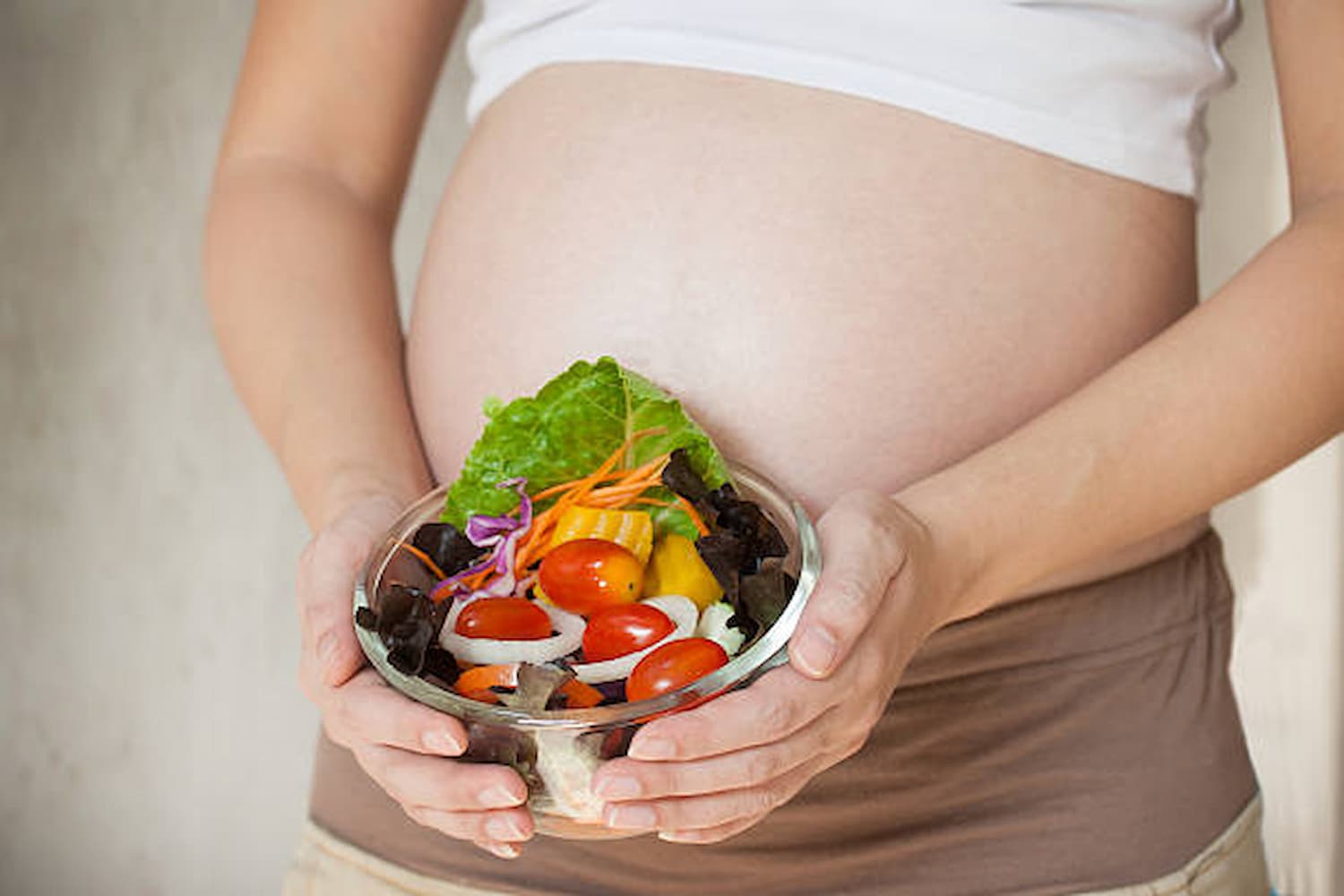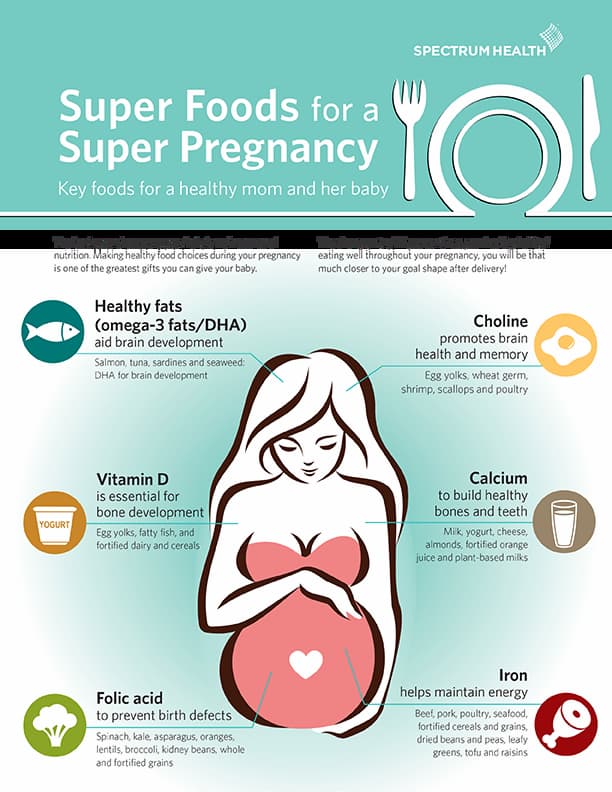
We should aim to follow a healthy, balanced diet throughout our lives. But women who are pregnant (or trying to conceive) should be even more careful about understanding and meeting their nutritional needs in order to ensure a healthy pregnancy and baby.
Proper nutrition is the foundation for optimal health and proper growth and development. If you're expecting, you should consult your health professional before embarking on a pregnancy diet – or making any changes – but this quick guide should serve as a good starting point.
Making Healthy Food Choices During Pregnancy
The nutrition of a pregnant woman is essential because eating a variety of foods during pregnancy will affect her overall health and the baby's. A healthy diet during pregnancy should be devoid of processed foods, including high-sugar soft drinks as well as any kind of junk food such as candy bars and chips. You might also want to skip fast food, as one study suggested. It is best to focus on fresh fruits and vegetables, particularly green vegetables which contain high levels of folic acid to prevent birth defects such as spina bifida. It's a condition that affects the baby's spinal cord as a result of neural tube defects.
Maintaining proper nutrition during pregnancy not only reduces the risk of miscarriage, but it also avoids weight gain during pregnancy, which can be difficult to reverse after delivery. Use this guide when shopping for super foods to satisfy your cravings during pregnancy.
Iron up
Pregnant women need to consume iron-rich foods to ensure healthy foetal development and growth, avoid iron-deficiency anaemia and support her immune system as well as her baby's. In fact, you need to double your usual iron intake during pregnancy!
A healthcare professional who specialises in obstetrics & gynaecology may recommend safe iron supplements combined with folic acid, in addition to a multivitamin. Dark leafy greens, cooked meat (red meat being the best source), fish, legumes and grains are excellent sources of iron. Be sure to up your vitamin C intake too, so your body can draw even more iron from the foods you eat.
Fill up with fibre
Fibre is another essential element in a pregnancy diet. Choose breakfast foods that are fortified with fibre. An excellent dietary source of fibre include fruits and vegetables, oats, beans and wholegrains. You may also take a fibre supplement with your meals.
Very dairy
Dairy products should be an important part of your diet to maintain strong bones and make sure that your baby does the same. If you normally include dairy in your diet, be sure to obtain it from a variety of sources to ensure you get enough calcium and other essential nutrients for you and your baby.
Yoghurt, milk, and cheese are all great sources of calcium. Just be sure to avoid unpasteurized milk, mould-ripened soft cheeses and soft blue cheeses. If you don't eat dairy or happen to be lactose intolerant, your nutritionist or healthcare provider can suggest calcium alternatives.
Fresh fish
Oily fish is a powerful source of omega-3 fatty acids, which prevent premature birth and ensure that the baby is born at the ideal birth weight. But be warned that some types of fish contain high levels of mercury that can cause a range of health problems in unborn babies, including vision and hearing problems. For that reason, you should choose wisely and only eat sustainably sourced fish.
Avoid shellfish, shark and marlin and enjoy salmon and bigeye tuna as these species are packed with nutrients. Some health authorities say pregnant women should only have small amounts of fish – for instance, up to two servings of tuna or salmon steaks a week, and four cans of light tuna a week. Fatty fish also contains vitamin D that assists in calcium absorption. Vitamin D deficiency has been linked to low birth weight, so make sure that you load up on this essential vitamin, which you can also obtain from mushrooms, fortified milk and orange juice.
Source: HealthBeat
What Not to Eat During Pregnancy
Sticking to a healthy diet will help you maintain a healthy weight throughout your pregnancy and guarantee a smooth delivery. Besides eating a variety of foods during pregnancy, it's important to drink plenty of water every day to prevent constipation and urinary tract infections, which are common among pregnant women. Staying fit and healthy during pregnancy, however, also means cutting off certain foods and beverages to avoid infections or food poisoning, such as the following:
- Too much caffeine can cause the body to lose too much water through frequent urination. Limit your caffeine intake to 200 mg or less a day.
- Salty foods must be avoided because too much sodium affects blood pressure, leading to high blood pressure, which puts stress on the cardiovascular system.
- Avoid alcoholic beverages at all costs because drinking while pregnant increases the risk of miscarriage, stillbirth, premature birth, slowed growth before and after birth, heart problems, and even learning disabilities in early childhood.
- Avoid raw eggs and foods containing undercooked meat. This could make you very sick and possibly cause miscarriage or stillbirth if not treated right away.
As previously mentioned, these health tips should not replace recommendations from your doctor or other pregnancy advisors such as doulas. Always follow their advice before and during pregnancy.
Originally published on Feb 24, 2016









